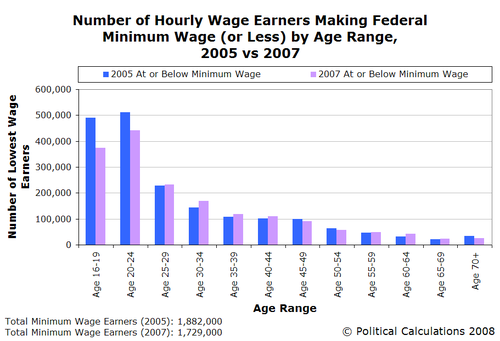This Is Too Much -- The Smearing of Jim Balsillie
Harvard Business School has (or at least had in 1987) its own equivalent of the show Big Brother. During the first year, a new student gets locked in a classroom for a year with 88 other high-strung, type-A overachievers in an explicitly zero-sum process (there are a fixed number of each grade to be handed out) conducted by sometimes sadistic professors bent on eeking out the maximum amount of stress, fear, and verbal conflict. Think John Housman's class in the movie "Paper Chase." Students for some reason react to this process by, instead of branching out and meeting the other 800 students in the class, spending most of their social time with these same 88 (the rugby team saved me to some extent from such narrowness).
By no means are all these folks my "friends," in part because I have a fairly limited definition of that word, but they all became pretty close associates. I knew most all of them pretty well -- well enough that both the couple that ended up in jail and the couple that became spectacularly successful were no real surprise.
One of those 88 I spent a year with was a guy named Jim Balsillie, now famous as billionaire CEO of RIM (Blackberry) and, more recently, for trying to buy an NHL franchise. Jim is not a close friend, and in fact I probably haven't exchanged a hundred words with him since we graduated. But over the period of a year I feel like I had the measure of him, as quiet, bright, kind and fairly humble. Jim was a much, much nicer guy than I was -- certainly I was far, far more likely in class to rip into another student for being an idiot in class discussion. I once got so frustrated with a teacher that I went to the front of class and took over. I can't even imagine Jim doing something like that.
I write this all because I just have to make a public statement concerning a recent statement about Jim Balsillie by the NHL. The NHL recently chose to vote against letting Balsillie buy the Phoenix Coyotes. Fine. I think they are idiots - they should be begging to have a guy of his talents and money in their fraternity - but whatever. What ticks me off, though, is that instead of dicussing the controversial business reasons for the vote and they choose to smear Jim: (via Market Power)
"We voted to deny approval to Mr. Balsillie because we concluded he lacks the good character and integrity required of a new owner" under NHL bylaws, said Boston Bruins Owner Jeremy Jacobs, chairman of the league's board of governors.
I suppose it is possible that Jim is some kind of evil smiling sociopath and managed to fool 88 of us for over a year, despite living in close proximity. I seriously doubt it, but it is remotely possible. But even if that were the case, there is no way the NHL suddenly figured this out when those who know him better have not.
Matt Nestor has some fun with this:
The NHL owners are obviously good judges of character. Some that have been approved:
â— William "Boots" Del Biaggio (Nashville Predators), now headed to jail on fraud charges.
â— Henry Samueli (Anaheim Ducks), now awaiting sentencing on SEC violations.
â— John Rigas (Buffalo Sabres), currently in jail on embezzlement charges.
â— Sanjay Kumar (New York Islanders), now serving time for conspiracy.
â— John Spano (Islanders), who deliberately misled the NHL and the Islanders about his net worth.
â— Bruce McNall (Los Angeles Kings), who pleaded guilty to conspiracy and defrauding six banks of $236 million.
Why would you want a successful businessman to taint such a group?
